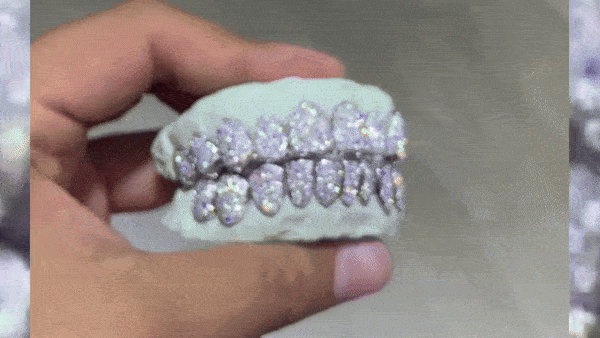Researchers in San Diego have found how roundworms tolerate stress may hold the key to benefits for more than just animals.
A team of researchers at the University of California San Diego found a new pathway, which they called Intracellular Pathogen Response (IPR) and which allows animals to cope with stress and attacks, including heat shock.
The research centers on roundworms, also called C. elegans, and on how they regulate their response to pathogens called microsporidia.
“The species of microsporidia we study only grows inside the intestine of the worm — it can’t grow outside,” said Professor Emily Troemel. “C. elegans has a transparent body plan, which facilitates watching microsporidia, how it grows and what it does to host cells. Most recently, we’ve focused on how C. elegans turns on IPR genes in response to microsporidia and heat stress.”
During their research, the team also found a new gene, pals-22, used by roundworms to regulate IPR pathway gene expression.
Roundworms that have a mutation of pals-22 always have IPR genes on, therefore presenting an increased tolerance of heat shock and other types of stress.
The discovery has implications for diseases related to protein accumulation such as Alzheimer’s, according to the researchers. This is because genes that are similar to pals-22 can often be linked in humans.
Local
Scientists are still unsure about how exactly IPR works, but they believe the pathway helps mark damaged proteins inside cells.
“At this point we hypothesize that the IPR pathway involves putting tags on proteins to send them to the proteasome, which is the cellular trash can,” said Troemel. “We are actively testing this model with the goal that we will decipher a new way that animals can cope with stress.”
The team of researchers at the University of California San Diego was led by Kirthy Reddy in the lab of Troemel.
Coauthors of the study include UC San Diego’s Tal Dror, Jessica Sowa, Johan Panek, as well as Kevin Chen, Efrem Lim and David Wang from Washington University in St. Louis.
Supporters of the research include National Institute of Health awards and a Burroughs Wellcome Fund fellowship.



